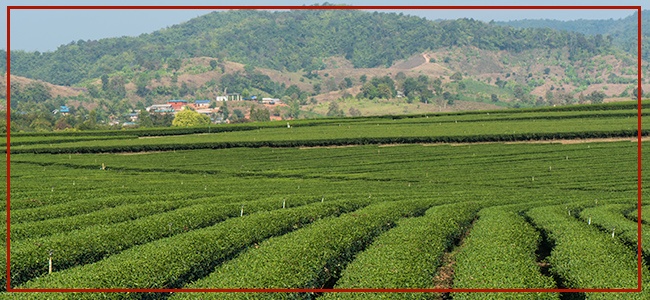
The market for herbal products is growing as consumers become more health conscious and seek out effective, natural products to restore and retain their health. This is according to Global Industry Analysis, Inc (GIA) in a press release on herbal supplements and remedies. According to the press release, the global herbal supplements and remedies market is expected to be valued at $115 billion by 2020.
Safe, Effective and Affordable
In its research, GIA found that demand for herbal products around the world is on the rise thanks to scientific research that has authenticated the safety and effectiveness of herbal products. Consumers all over the globe are using herbal products to reduce stress, increase their energy and fitness levels and to boost immunity and cognitive functions.
Herbal products are also being used preventatively against conditions like diabetes, high cholesterol, cardiovascular disease, cancer and other debilitating conditions. The demand is growing futher in the U.S. due to the high cost of health care. An aging population, reducing household income and reduced insurance coverage are pushing consumers to look for safe, effective and affordable treatment options and they are finding it in herbal products.
Stepping it Up
With the increasing demand, herbal products manufacturers are stepping up their game. In the U.S, a number of companies who are members of the American Herbal Products Association (AHPA) are voluntarily applying parts of a comprehensive guidance document to their processes. These companies are implementing these standards as part of efforts of the larger dietary supplement industry to make sure that botanical products do not have any adulterants. The efforts are aimed at ensuring that herbal products have the ingredients indicated on the label and that they are up to the required standard.
Herb growers, extract manufacturers and suppliers of processed ingredients have agreed to adopt the relevant parts of the following APHA guidance documents:
- The Guidance on Good Agricultural and Collection Practices
- Good Manufacturing Practices (GMPs) for Botanical Materials
The guidance in these documents is based on two documents. One is the GACP document that is published jointly by the AHPA and the American Herbal Pharmacopaeia (AHP) in 2006. The other is the guidelines for raw herbal materials that was circulated by GNC Holdings Inc in 2016 including at an event that was hosted by the United Natural Products Alliance (UNPA).
Quality, Traceability, and Sustainability
Quality, traceability and sustainability are the three attributes that the GNC guidelines aim to achieve in botanical products, right from the time a product is a seed in the ground. The goal is to be able to trace the seed from the time it is selected for use to when it has grown and through the process of testing and packaging finished products. While these goals will certainly be challenging to achieve across the spectrum of products, natural products industry jobs are sure to be created in the quest to do so.
Ever-changing
It is expected that GMP and GACP guidelines will keep evolving as the industry maintains the effort to make them even better. A good example is the passing of the Food Safety Modernization Act (FMSA)) and FDA regulation adopted under the 2011 law that directly affected ingredient suppliers. As these rules change, it will be imperative for companies to train those in natural products industry jobs to recognize issues, improve processes, and deliver a product to the shelves that is up to snuff.
